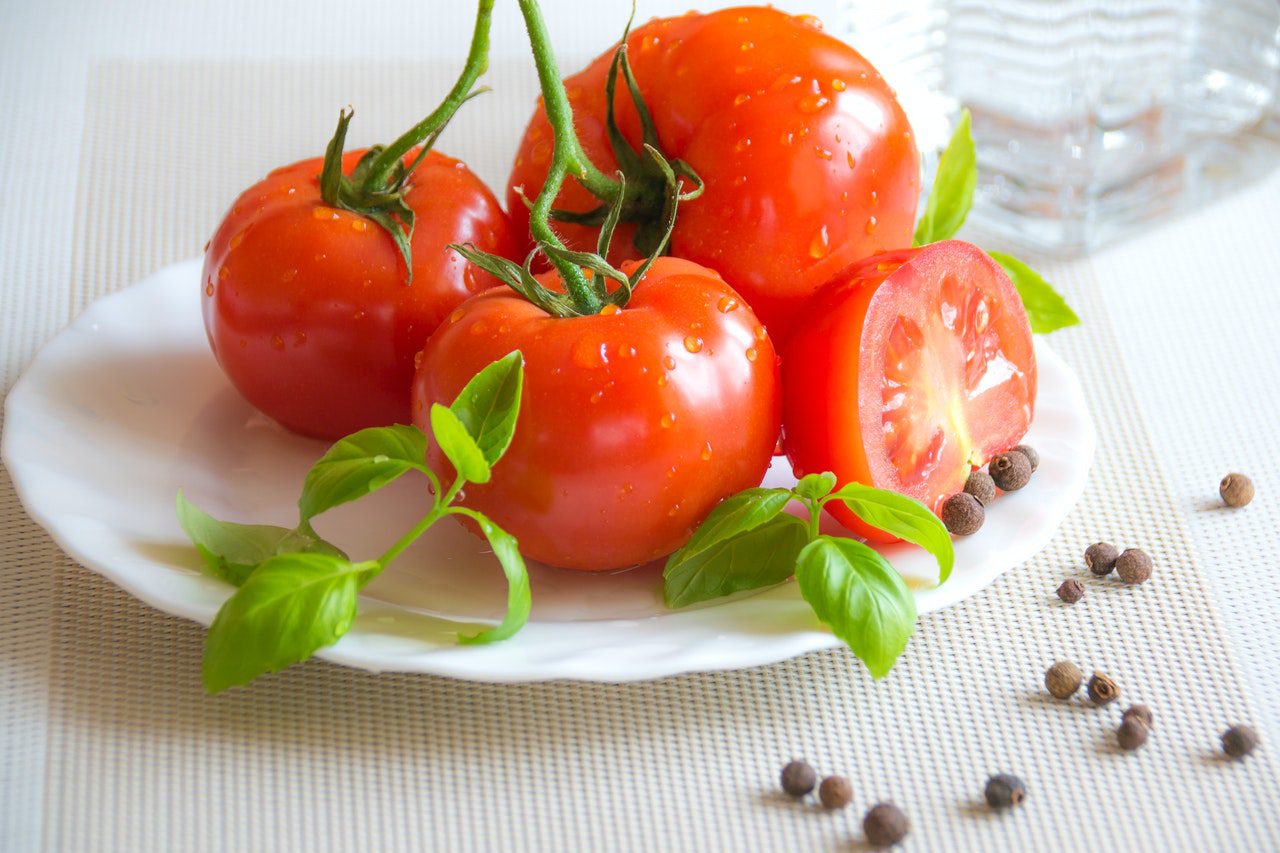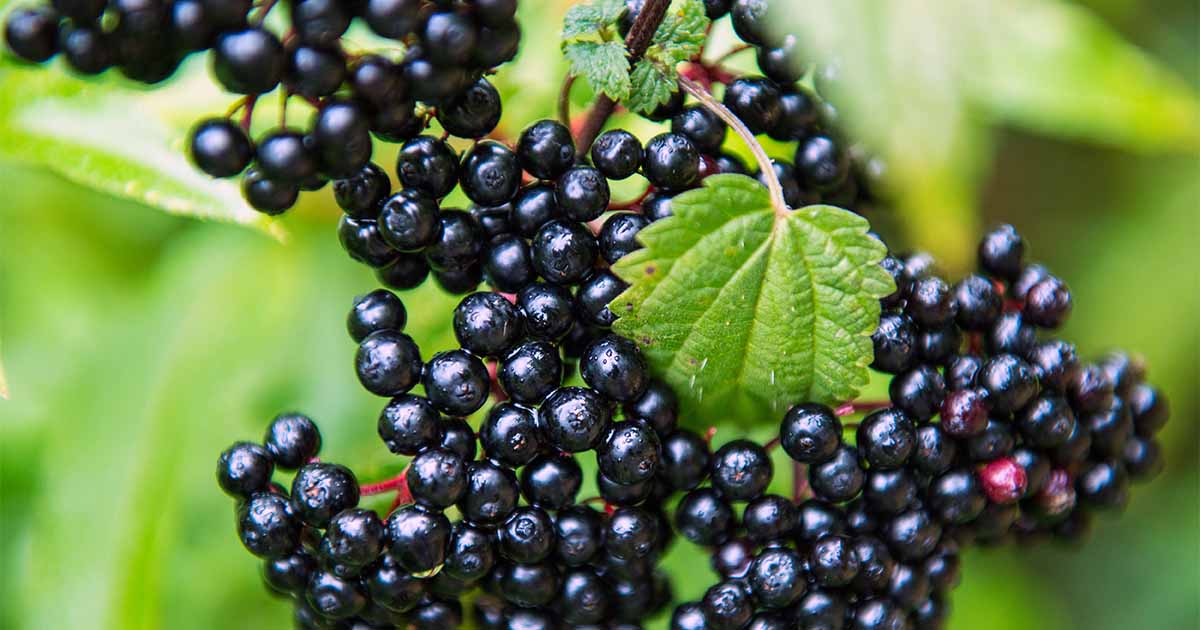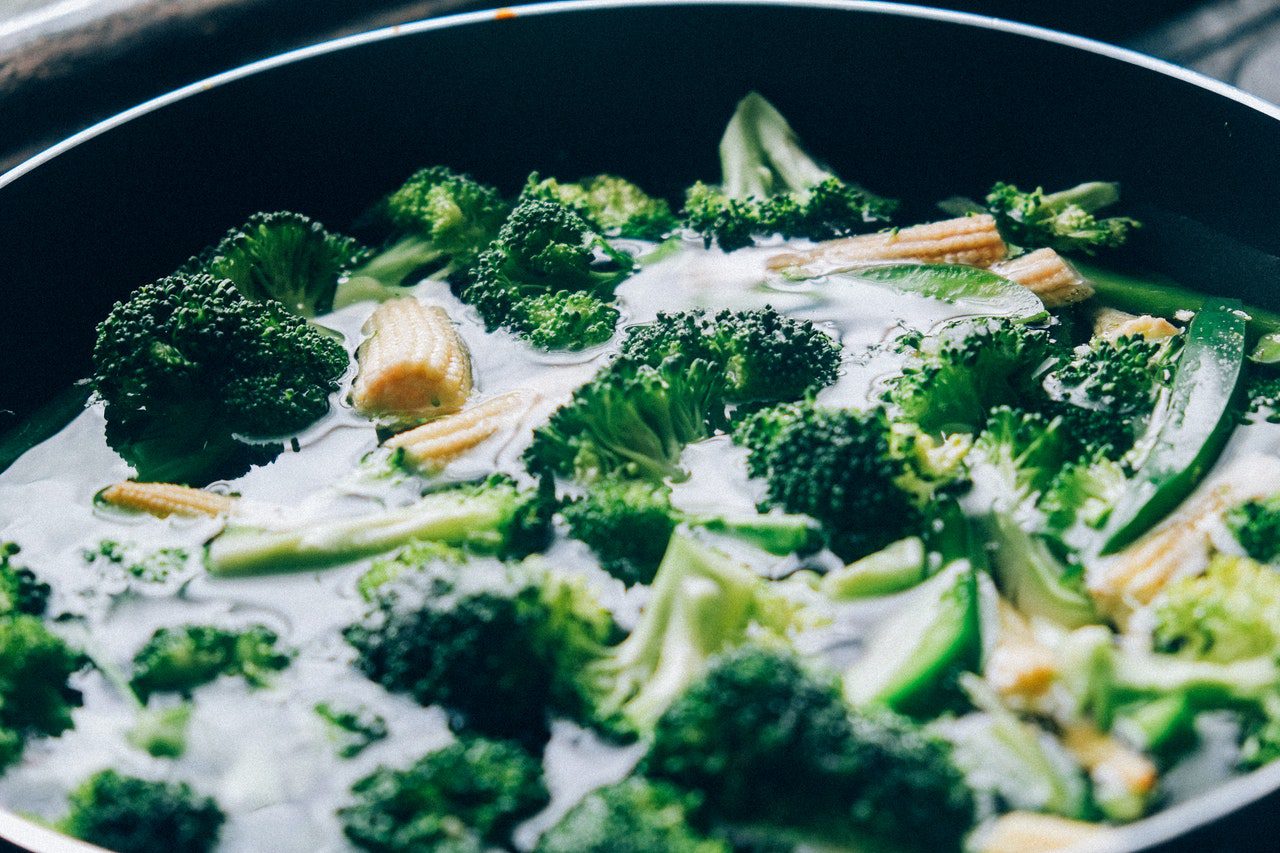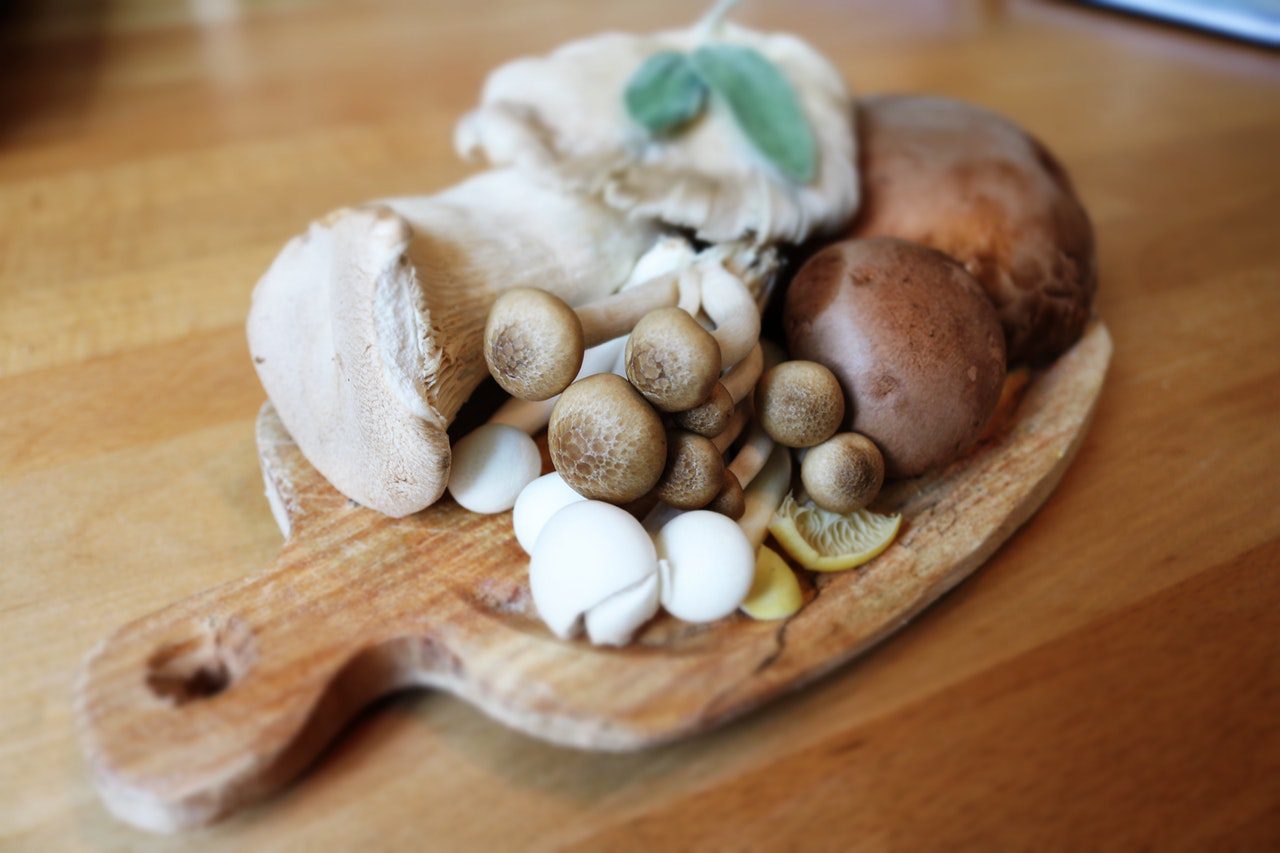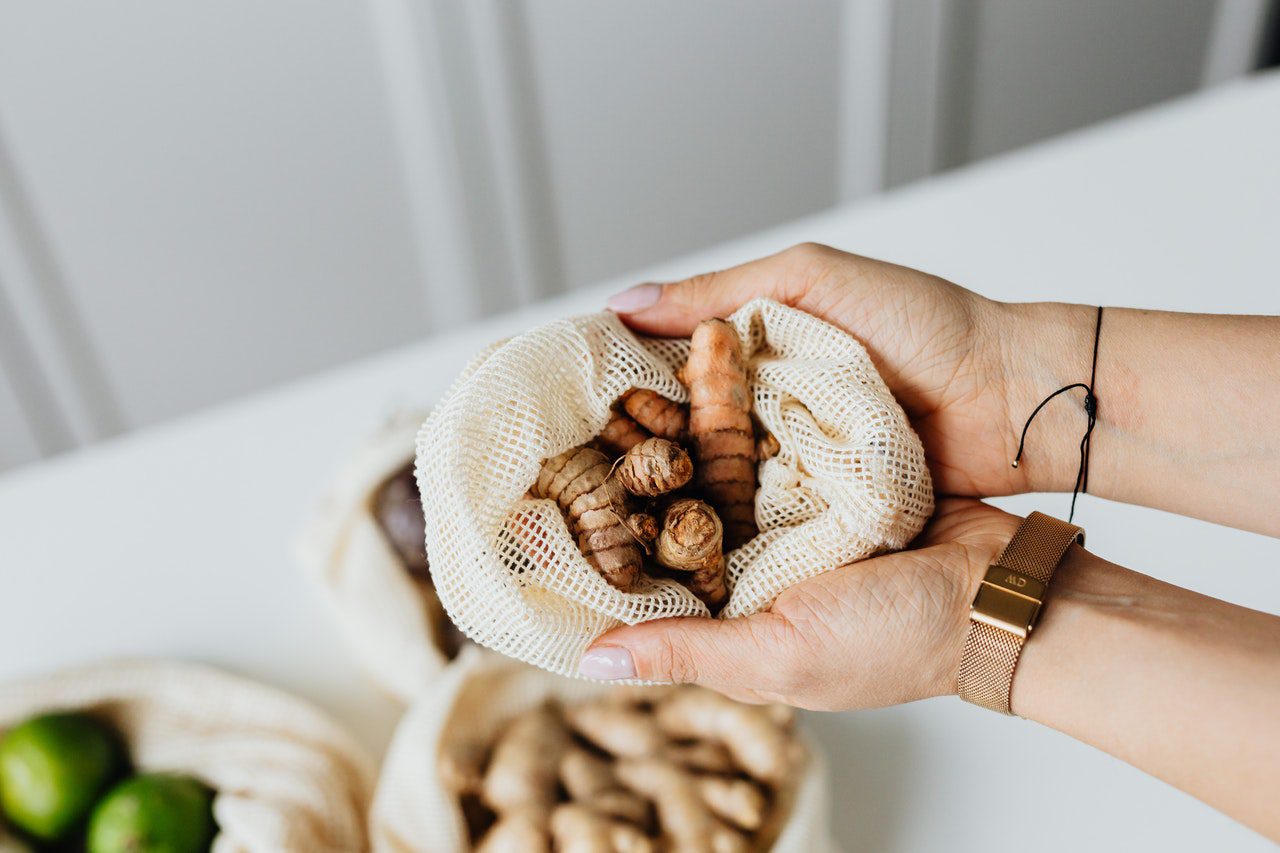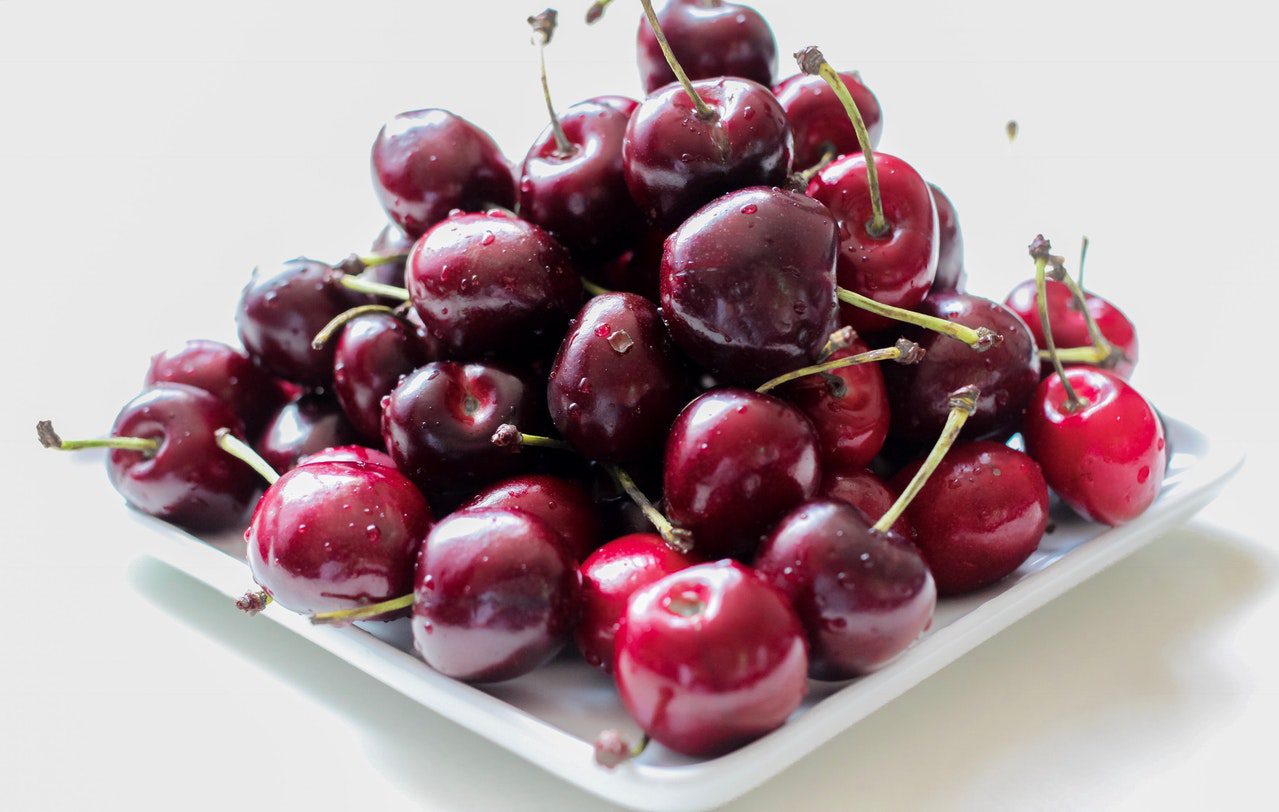Inflammation is a biological process by which the body’s white blood cells (WBC) and the things cells make, are used to protect us from harmful bacteria and viruses.
The process can be harmful if it becomes long-lasting. Chances can be chronic inflammation can last for several days or even years, and it can cause a range of health problems.
First, come first, what exactly is Inflammation?
Inflammation is your body’s defense mechanism against disease, ailment, or injury. As part of the inflammatory reaction, your body produces more white blood cells, lymphocytes, and anti-infective substances known as cytokines.
- Acute (short-term) inflammation is characterized by redness, distress, thermal, and bulging.
- Chronic (long-term) inflammation frequently occurs within your body without any noticeable symptoms.
Diabetes, cardiovascular disease, hyperlipidemia, and cancer are the causes of this form of inflammation. Chronic inflammation can also arise when individuals are overweight or stressed. When doctors look for inflammation in your blood, they search for C-reactive protein (CRP), homocysteine, TNF alpha, and IL-6.
What is the root cause of it?
Specific lifestyle choices, particularly those that are frequent, can lead to inflammation. Excessive consumption of sugar and high-fructose sweeteners is especially bad. It has the potential to cause glucose intolerance, diabetes, and obesity.
According to researchers, increasing the consumption of processed carbohydrates, such as white bread, has also been linked to inflammation, glucose intolerance, and adiposity.
Having said that, there are numerous steps you can take to reduce inflammation and stay fit.
What all to avoid for inflammation?
Specific items are associated with an elevated threat of chronic inflammation.
Consider eliminating the following:
- Sugar-sweetened beverages and fruit juices.
- Refined carbs, white bread, and pasta.
- Cookies, candy, cake, and ice cream are among the desserts available.
- Meat that has been processed: hot dogs, bologna, sausage rolls, and so on.
- Crackers, chips, and pretzels are examples of processed snack foods.
- Certain oils: refined seed and vegetable oils such as soybean and corn oil
- Alcoholism: Abundant alcohol consumption
Moreover, stress, sedentary lifestyles, and inflammatory diets can all increase the health risk.
Here are the best 8 anti-inflammatory foods that you should eat
Research suggests that certain nutrients can help reduce chronic inflammation and adding Anti-inflammatory foods to your diet is one easy way to stay healthy and nutritious.
1. Tomatoes
Tomatoes are a nutritional powerhouse. They are abundant in vitamin C, potassium, and lycopene, a powerful antioxidant with anti-inflammatory properties. Some studies suggest that lycopene effectively reduces pro-inflammatory chemicals linked to cancer.
2. Grapes
Grapes contain anthocyanins that prevent inflammation. In addition to reducing the risk of various ailments, they may also help prevent heart disease, diabetes, obesity, Alzheimer’s disease, and eye disorders.
Aside from resveratrol, grapes are also a good source of resveratrol, an antioxidant molecule with numerous health benefits. Resveratrol has been shown in studies to protect the heart from inflammation.
3. Berries
Fruit berries contain high fiber, vitamins, and minerals. Berries contain anthocyanins, which are antioxidants.
Dozens of varieties exist. Some of the most common ones include:
- strawberries
- blueberries
- raspberries
- blackberries
In addition to their anti-inflammatory properties, these substances may also lower your risk of illness.
Also Read: Surprising Health Benefits of Cinnamon tea: Why you Should Grab a Mug right Now!
4. Broccoli
Broccoli is a nutrient-dense vegetable. The vegetable belongs to the cruciferous family, which includes Brussels sprouts, cauliflower, and kale. Eating a lot of cruciferous veggies has been linked to a lower risk of heart disease and cancer in studies.
5. Mushroom
While there are millions of species of mushrooms on the planet, just a few are eaten and economically farmed.
These three mushrooms are truffles, portobello, and shiitake, which exhibit inflammatory properties. As an added benefit, mushrooms are low in calories and high in selenium, copper, and B vitamins. They also have anti-inflammatory properties thanks to the presence of phenols and other antioxidants.
Also Read: How To Better Recover From An Illness: 5 Tips To Know
6. Turmeric
Turmeric is an aromatic, hot spice that is commonly used in curries and other Indian recipes. Because it includes curcumin, a potent anti-inflammatory agent, it has risen in popularity. Turmeric has been demonstrated to lower inflammation in arthritis, diabetes, and other disorders in studies.
7. Chocolate
Dark chocolate is delectable, rich, and filling. It’s also high in antioxidants, which aid in alleviating inflammation. These may lower your risk of illness and lead to a healthy aging process.
Flavanols are accountable for chocolate’s anti-inflammatory properties and aid in the health of the endothelial cells that line your arteries.
8. Cherries
The antioxidants in cherries, such as anthocyanins and catechins, help treat inflammation.
Although tart cherries have received more attention for their health-promoting features, sweet cherries also have advantages.
A healthy diet and lifestyle can help reduce inflammation. Anti-inflammatory diets should be prioritized for maximum health and welfare, reducing your risk of illness and enhancing your standard of living.


